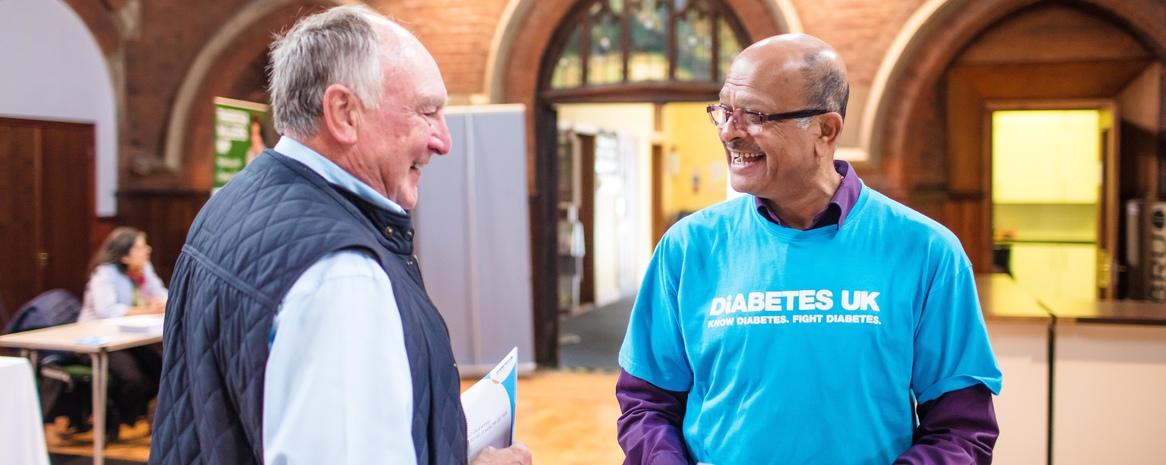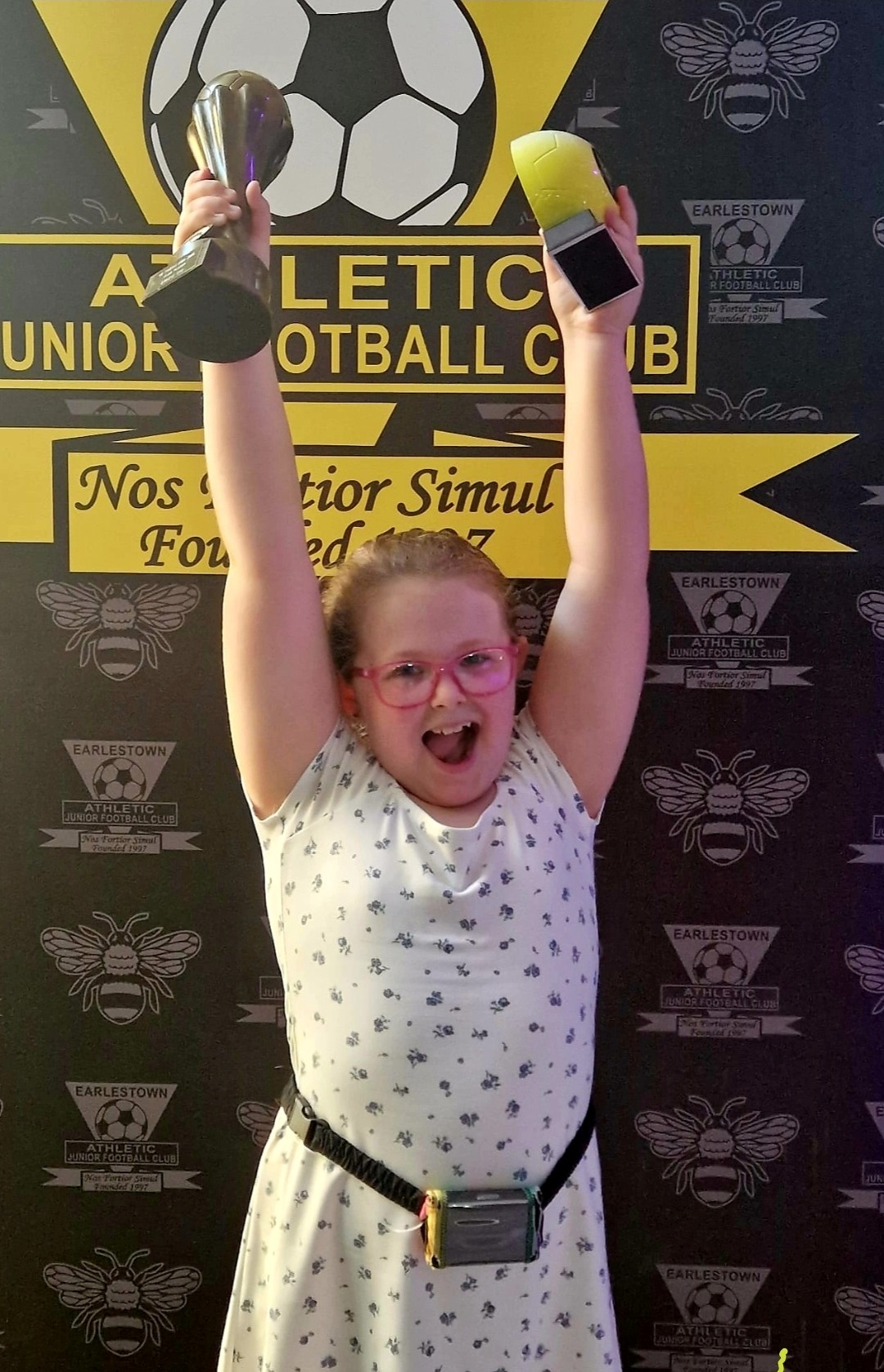Support and guidance
"I often look at Diabetes UK’s website and find the information there very informative and interesting – I can really place my trust in it for information and guidance. I’ve found some easy and tasty recipes for all the family too."
I’m particularly interested in the articles about the medical research projects – I’m fascinated by the Type 1 Grand Challenge research that Diabetes UK is funding in collaboration with other charities.
Diabetes UK inspired me to take on the Swim22 challenge because of the fabulous work they do for all those affected by diabetes. The charity’s mission statement, ‘A world where diabetes can do no harm’, really resonates with me. I found Swim22 on the fundraising section of the website and thought it would be something I’d be really excited to do – helping raise funds for something so close to my heart.


